New D102 Families to the United States
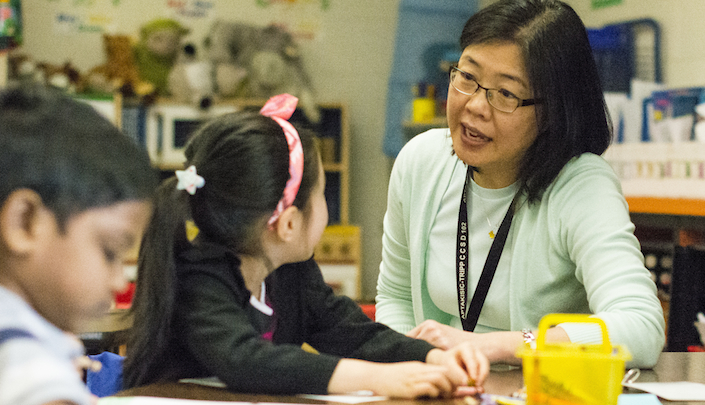
Welcome to D102!
We are so glad you are here! D102 is a very diverse district, with many different cultures and languages represented. We have many families in our school district who have immigrated here from other countries. While school in the United States may look a little different than your previous school experience, we are all here to help your child and your family feel welcome and included in our community!
Resources for Families
Resources for kids
What do I need to know about school in the United States?
Grade Level Placement
Students are placed in corresponding grade levels based on their age. In Illinois, students must be 5 years old by September 1st to begin Kindergarten. D102 complies with the Illinois Acceleration Act. For more details on our placement process, you may refer to our curriculum page.
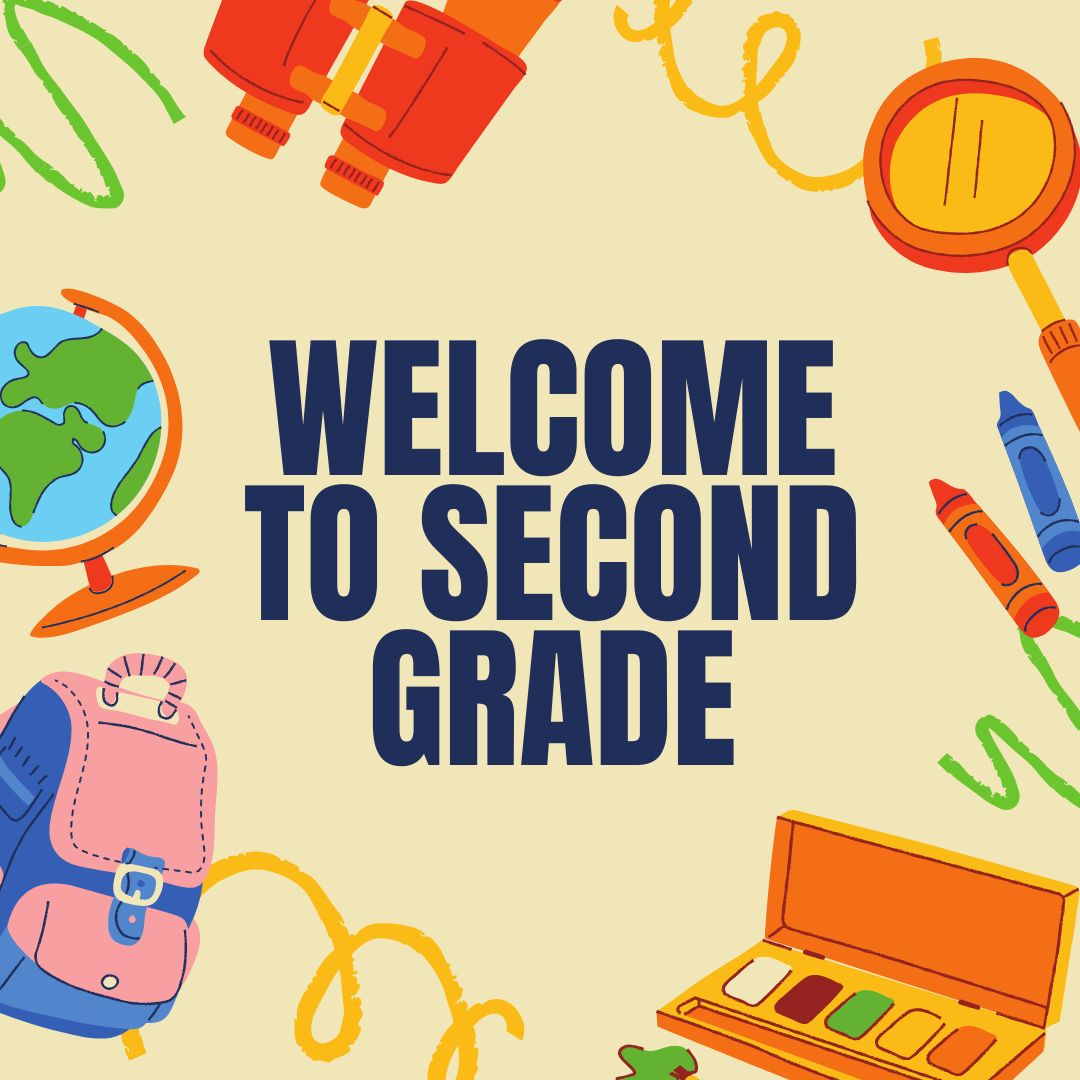
English Language Support
All students who have another language at home are screened to determine how we can best support their English language learning. Students who are new to learning the English language will be supported by a certified language teacher. You may find out more information about our English support programs here.
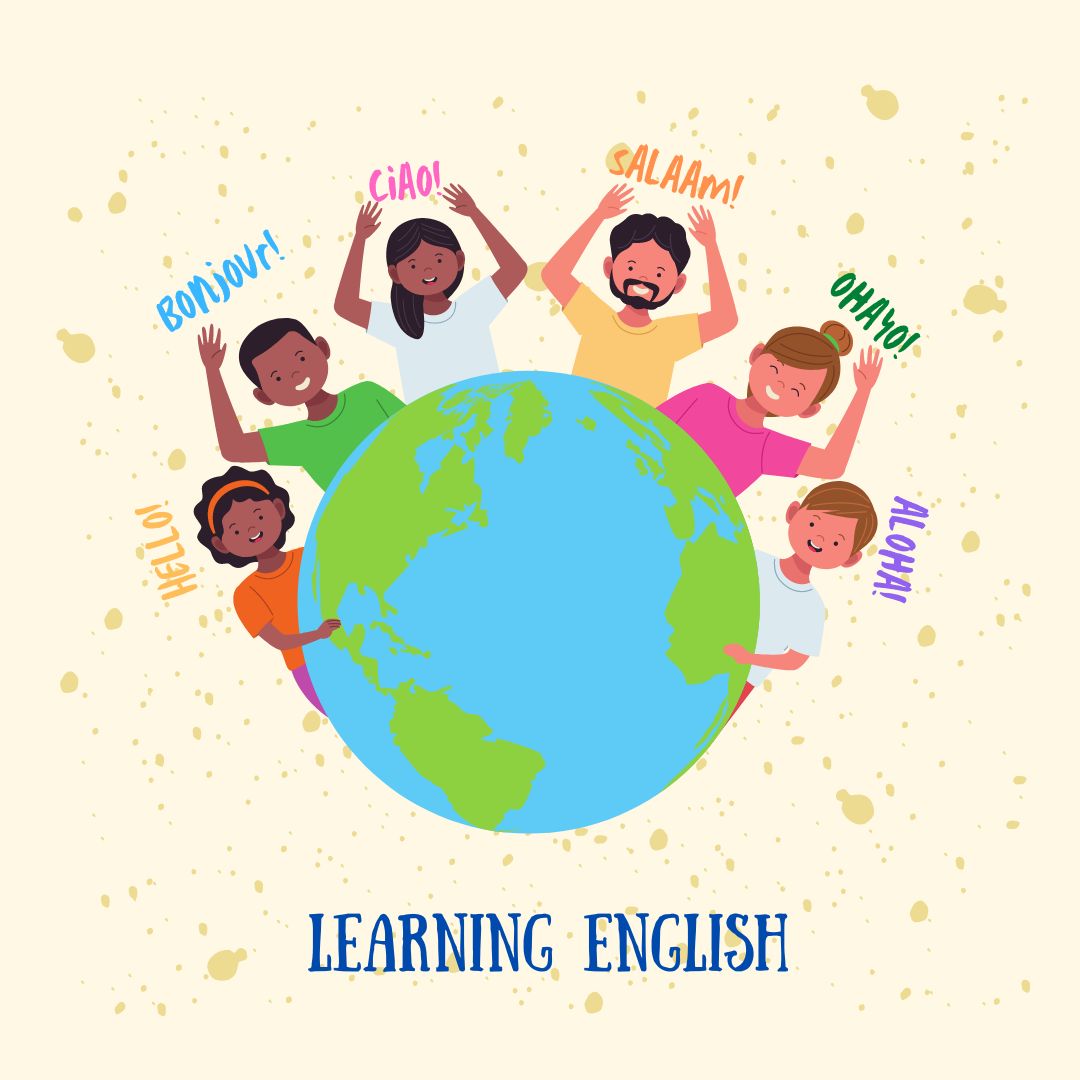
A Parent's Role in Education
The adults in a student's life play an essential role in the education of their children. You can help your child have success at school by asking them about their day, setting up a quiet place for them to work or read, attend parent-teacher conferences, and giving them plenty of opportunities for exploration and play. Please see our homework guide here for more ideas on how to support your child's learning here. Families who speak another language at home should continue to speak and teach the language to their children. Kids who know their home language well, do better academically in school!
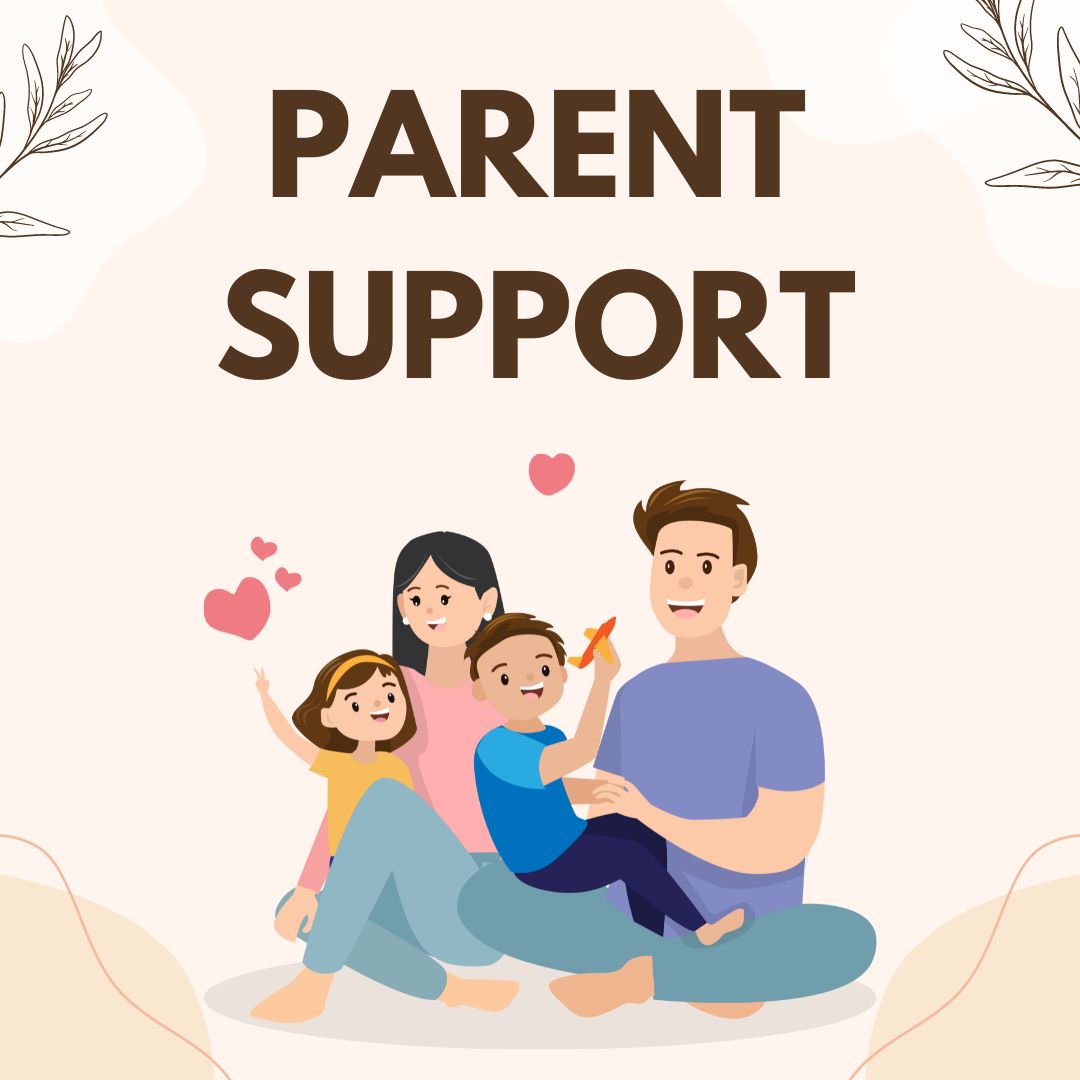
Trimesters and Grades
D102's school year is broken into three parts, called trimesters. At the end of each trimester, you will receive a report card on your child's academic and social-emotional progress. If you have questions about your child's learning and growth, please contact their teacher.
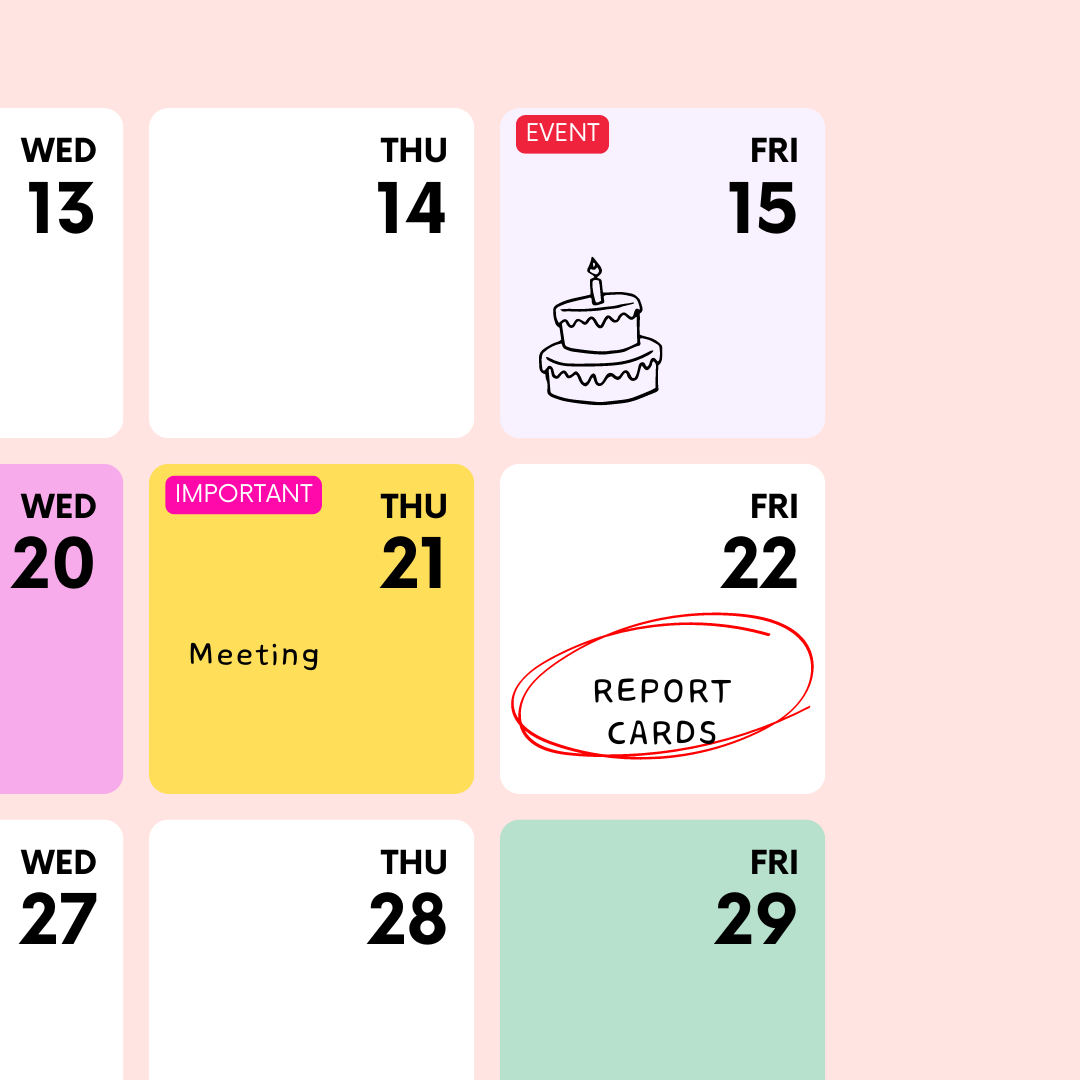
Lunch and Breaks
Students have the option to order lunch at school or to bring a lunch from home. Our school lunches do not come with bottled water, so children should bring a water bottle from home .
Many classrooms have a time set aside to eat a snack. Please refer to information from your child's teacher about any allergies that students may have in the classroom. Please be aware that some children are highly sensitive and may be harmed if your child's snack contains an allergen that is not allowed in that classroom.
Students do not need to wait for scheduled breaks to use the bathroom. They may tell a teacher if they need to go.
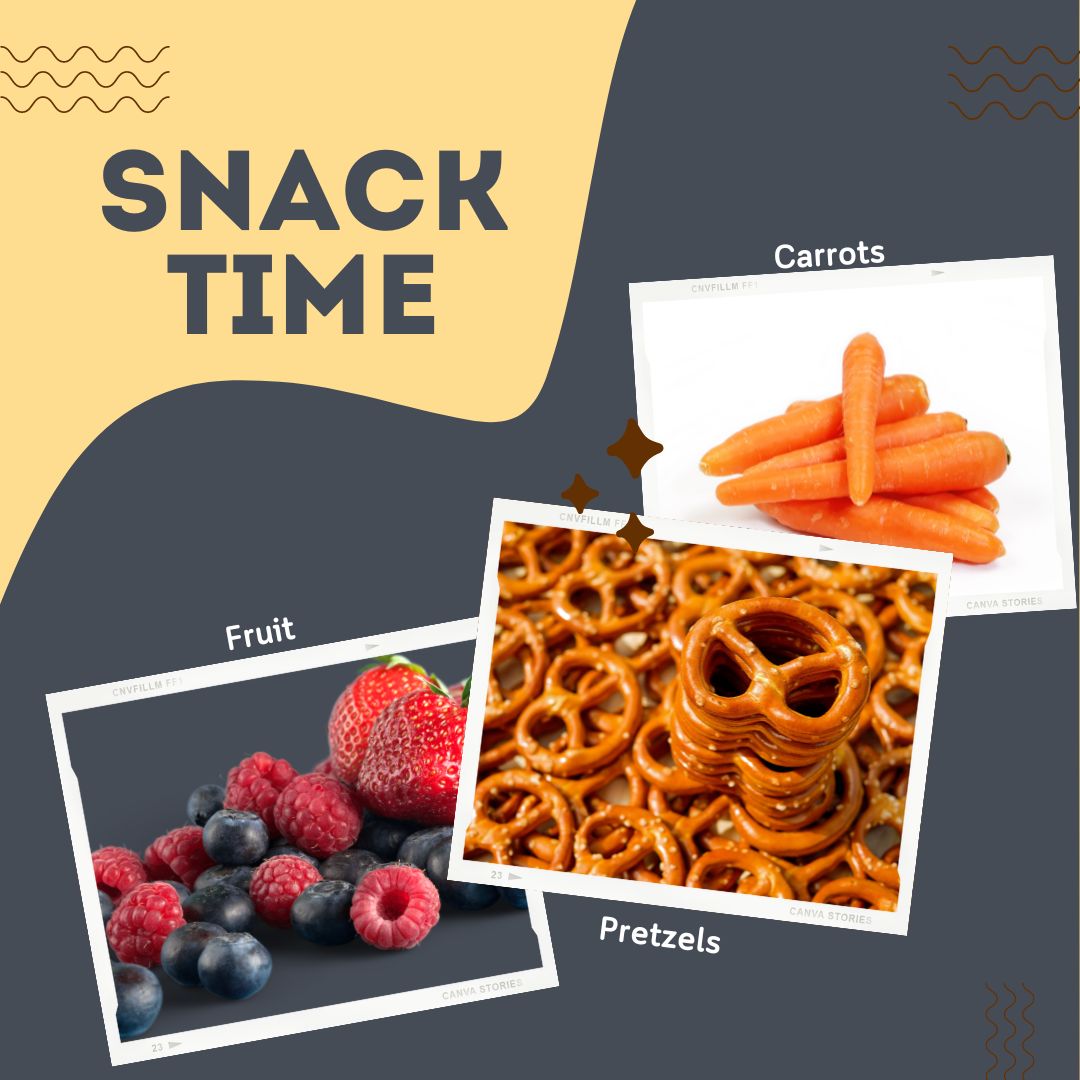
Reporting Absences
Parents/ guardians must report a child's absence to the school office. Please refer to your school's website for the absence reporting procedures.
Extended Travel
Prolonged or repeated absences have a negative effect on students' schooling. If you are planning travel, please try to utilize days off from school. If your child must be absent for an extended period of time due to unavoidable travel, please contact the school office for D102's procedural paperwork. Please be aware that students who are absent for 10% or more of the school year are considered chronically absent. For students who start in D102 in August, this equates to about 15 days over the entire school year. Chronic absenteeism has impacts on the student's academic, social and emotional learning as well as our district's overall rating with the state.
Other Common Questions
Is it mandatory for kids to take an extra-curricular activity?
Extra-curricular activities are not required, but they provide additional opportunities for students to engage in activities with peers outside of the regular school day.
How do you send invitation for your kid’s birthday party? Are there any class rules about that?
We ask that birthday invitations are NOT sent out to friends at school during the school day. Instead, please refer to the PTO student directory for addresses and send the invitations to friends at their home.
Is there a difference in the learning curriculum for an EL student compared to a non-EL student?
No. All students in D102 receive the same guaranteed curriculum that meets studnets’ educational needs. Students benefit from shared learning experiences across all grade levels.
Social and Emotional Support
How can I improve my child’s social skills?
Having social interactions with peers is an important and healthy part of growing up. You can help your child prepare for these interactions by teaching empathy, explaining personal space, practicing taking turns, and helping your child learn how to start conversations and join in groups or activities. Encouraging and allowing your child to have friends over to play, meet at the park, and even join after school activities led by the school, park district, or other community programs is helpful in giving kids opportunities to practice socializing.
How are the students socially supported in a regular class, when they don't know the same language and are shy to express themselves?
Social Workers in each building work to ensure that EL students have the same access to various support services/opportunities as every other student (i.e. new student lunch bunches, friendship groups, etc.) as needed. In situations where more intensive support is warranted, social workers work closely with EL and classroom teachers to create individualized plans to ensure that the EL students are successful socially, emotionally and behaviorally at school.
Social workers also readily go into classrooms to lead lessons focusing on respecting and celebrating differences, promoting the development of friendships, and bringing awareness to bullying behavior/exclusion.
Academic Skills
How can I help my son or daughter improve their academic skills in English?
District 102 values all the languages that our families speak at home and at school. One way to help your child learn English is to maintain your native language at home. Continue to speak, listen, read, and write in your family’s first language. This activity provides many connections for our students as they learn the English language at school.
Another way to help your child’s English skills is to take them to the library. The Vernon Area Public Library is a great place. It has wonderful resources for our bilingual families. Check out the following website to find out more.
Access Testing
What if my children miss the ACCESS test in January?
Students who miss the ACCESS test because they are absent during testing will remain in the EL program and take the ACCESS test the following school year.
How can we prepare kindergarteners for their ACCESS test?
The Kindergarten ACCESS test measures a student’s English language ability in reading, writing, speaking, and listening. These abilities are being built every day in the Kindergarten classroom for all students, not just students with another language. The best way for students to prepare for the Kindergarten ACCESS test — or any ACCESS test — is to maintain a high attendance rate at school and to maintain a high level of effort on all academic assignments.
Is the ACCESS test different for kids of different ages?
Yes, the ACCESS test assesses English Language proficiency in reading, writing, speaking, and listening. The test is divided up for students in Kindergarten, 1st grade, 2nd-3rd grade, 4th-5th grade, 6th-8th grade, and 9th-12th grade. As of 2016, the ACCESS test is adaptive, which means it adjusts the difficulty of questions based on how the student answers the questions.
When students answer the questions correctly, the test provides more challenging questions; and, when the students answer the questions incorrectly, the test adjusts to meet their level of English proficiency.
Do kindergarteners take the ACCESS test?
Yes, all kindergarteners who are identified as English Learners will take the ACCESS test.
Communication
How does D102 communicate with families?
Ways to receive information and communicate with the District Office and your child’s school:
District website
School website
PTO website
Teacher communication
Principal letters
D102uesday weekly newsletter
Calendar of events
Parent/Teacher Conferences
EL Bilingual Nights
